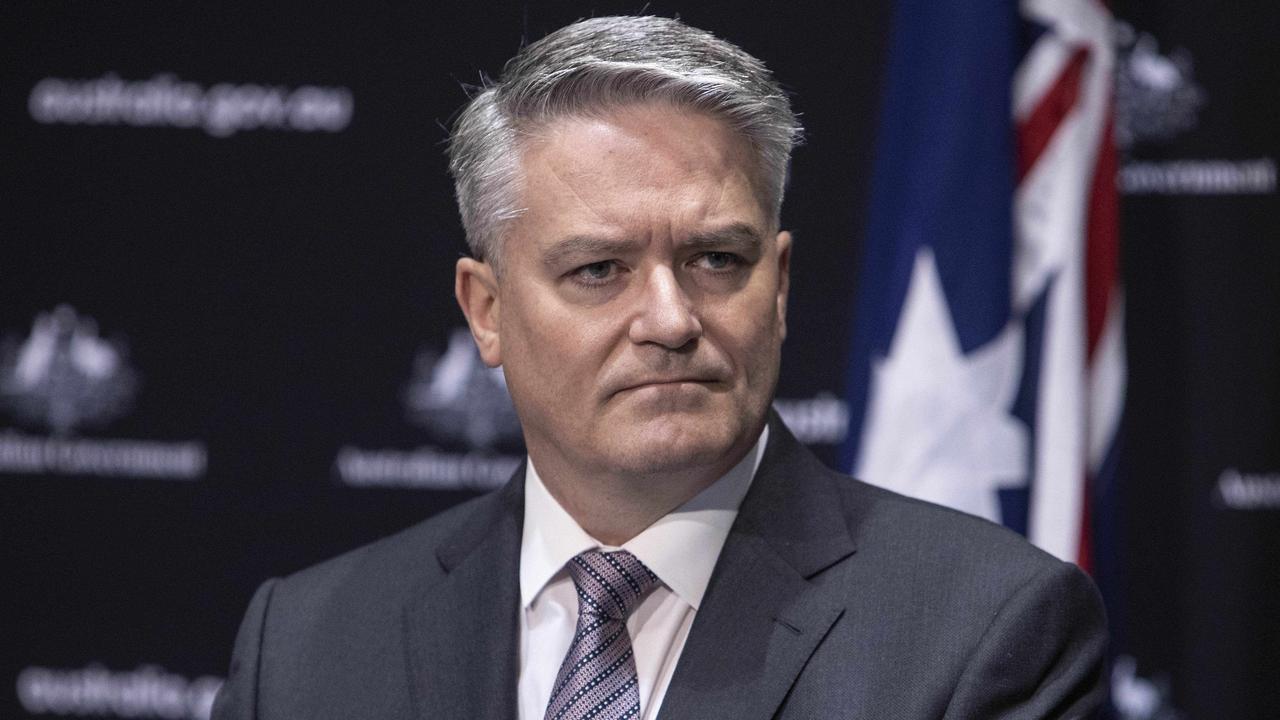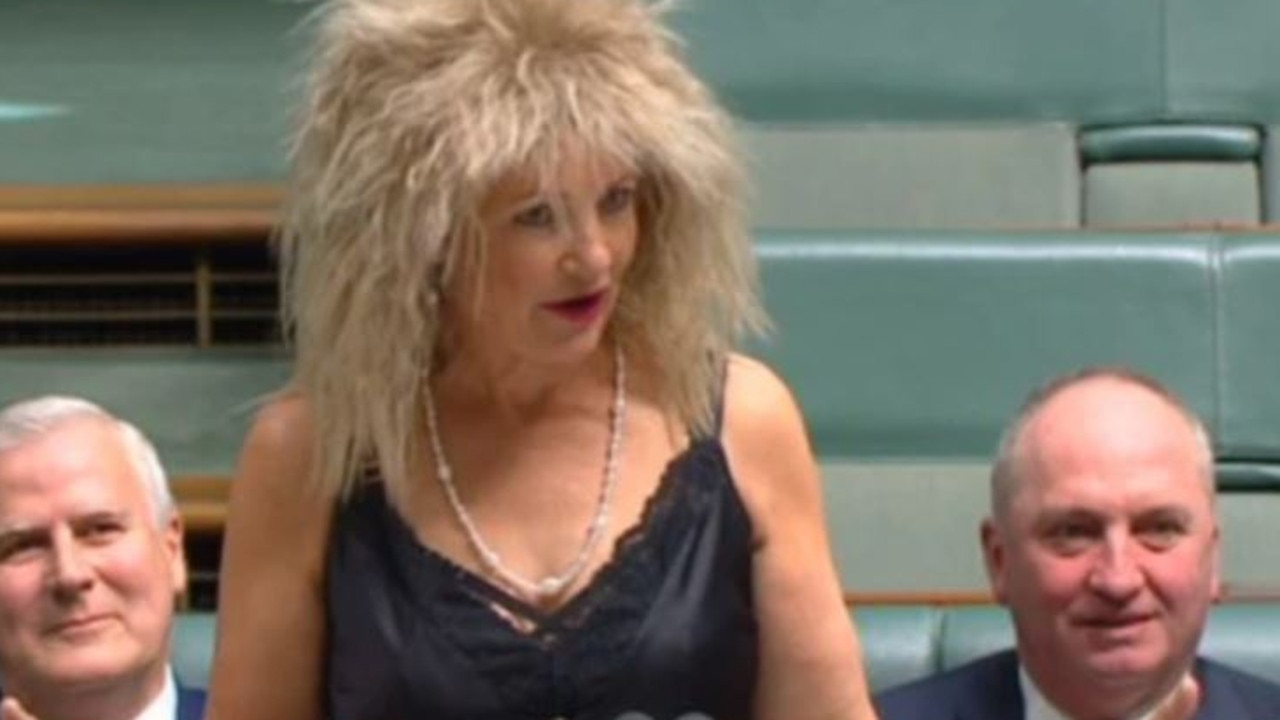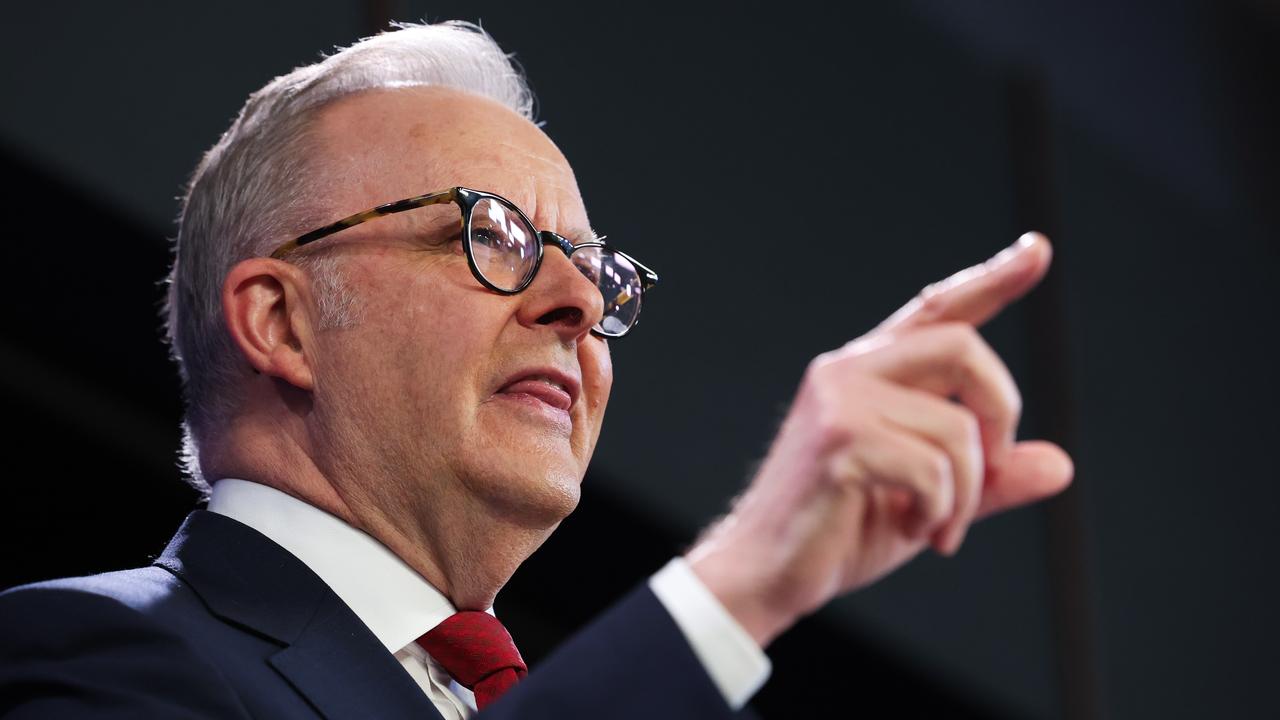Australian federal Budget 2020: JobSeeker decision pushed back until later this year
The future of Australia’s JobSeeker lifeline remains uncertain despite growing concerns it will drop to just $40 a day within months.

Hundreds of thousands of out-of-work Australians banking on a Budget sweetener will be left in the cold on Tuesday.
Around 1.6 million unemployed Aussies currently receive the JobSeeker payment, which was beefed up by the government’s coronavirus supplement during the COVID-19 crisis.
But in recent weeks the supplement has been cut from $550 a fortnight to $250 – and it is scheduled to be killed off entirely on December 31, when the benefit is expected to revert back to the pre-pandemic level of just $40 per day.
Many had hoped the government would announce a decision on the rate of the payment in Tuesday’s Budget following a national campaign to raise it.
However, Finance Minister Mathias Cormann crushed that dream in an interview with RN Breakfast’s Fran Kelly on Monday.
“We have already said that the ongoing arrangements in relation to JobSeeker payments will be announced later this year,” Mr Cormann said.
“We will be making those decisions after we have had the opportunity to further assess how the economy recovers and how many people and to what extent people are able to get back into work.”
RELATED: Budget’s winners and losers

RELATED: What the Budget means for you
However, the Australian Council of Social Service (ACOSS) launched the Raise the Rate for Good campaign months ago in a bid to “fix our social security safety net for good so that it keeps people out of poverty, with income of $500 per week”.
ACOSS argues that prior to the coronavirus outbreak, the Newstart payment – which JobSeeker was formerly known as – had not been increased in real terms for 25 years while the cost of living as “gone through the roof”.
There has been widespread support for the permanent increase from community organisations, unions, business groups, not-for-profit organisations, local governments, territory governments and several federal parliamentarians, with a number of Australian economists also supporting a JobSeeker hike.
#qanda Every dollar in #Budget2020 should go into hands of ppl who will give best value possible. What better value can there be than keeping ppl out of poverty & supporting people who will spend in the real economy, helping keep other ppl in jobs?
— Cassandra Goldie🌈 (@cassandragoldie) October 5, 2020
In a press conference on Monday, ACOSS CEO Cassandra Goldie said raising JobSeeker was a far greater priority than the government’s controversial proposed tax cuts.
“Every dollar that is committed in this federal Budget needs to be going into the hands of people who will give us the best value for it,” she said.
“And what better value can you give than keeping people out of poverty, and supporting people who will spend in the real economy, helping to keep other people in jobs.”
RELATED: The Aussies screwed by pandemic

RELATED: Surprise $30-a-week extra for Aussies
The thorny JobSeeker issue was also raised during Monday night’s fiery Q&A Budget special, with health expert and former head of Australia’s Finance Department Jane Halton arguing $40 a day was “not enough to live on”.
“It is just time we actually got with the program and actually dealt with it, because we cannot ask people in this day and age to live on $40,” she said.
“I understand the need to be fiscally responsible. We are looking here to give people confidence as we come out of what’s been a really difficult time for people.
“I really feel for people who are really worried about December. Because they fear going back to $40 a day.”
Deloitte Access Economics economist Nicki Hutley also claimed $40 a day was not “decent”.
“We have done modelling on behalf of ACOSS that shows removing the supplement too early, as is currently planned by the government, is actually going to create 145,000 job losses, both this financial year and next (and) massively detract from economic growth,” she said.
“We also know that people on Newstart, their standard of living has gone backwards, relative to everybody else, including pensioners, by 40 per cent over the last 25 years.
“We are marginalising these people, who are disadvantaged … and creating uncertainty by not extending it is actually making it harder for those people to make decisions.”




